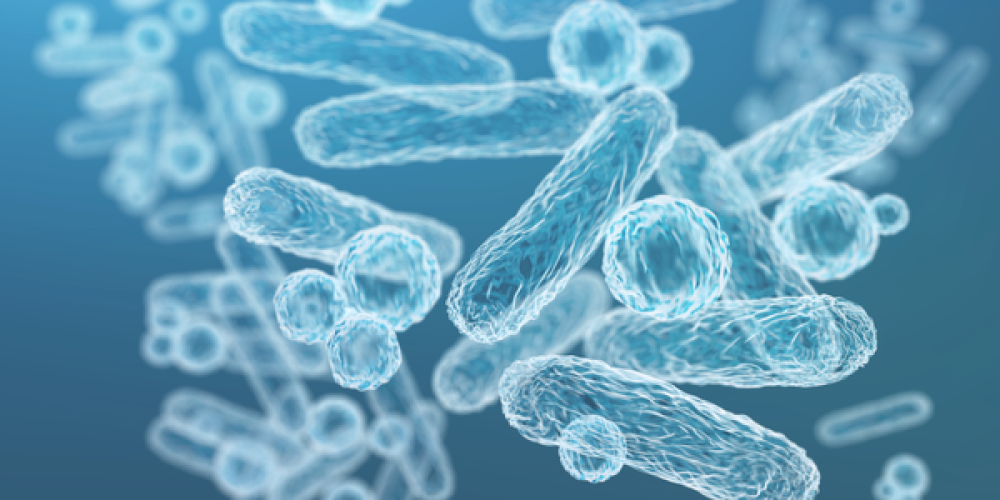News
23.09.2020 - Cosmetics

Cosmetic products for external use should no longer contain Pluralibacter gergoviae - Updated statement of the BfR
The Federal Institute for Risk Assessment (BfR) has assessed the health risk of topically applied cosmetics contaminated with Pluralibacter (P.) gergoviae (formerly Enterobacter gergoviae) in its current statement.
In 2005, a European rapid alert system for consumer products, named "Safety Gate" (formerly "RAPEX"), was introduced, where authorities of EU member states submit notifications to warn about dangerous products on their markets. These notifications contain information about the type of products, the identified risks, and the measures taken at the national level to prevent or restrict their marketing. In the past 15 years, 10 cosmetic products with confirmed contamination of P. gergoviae were included.
Contamination of topically applied cosmetics with P. gergoviae thus poses a health risk to consumers, as these bacteria can enter the body through open wounds or mucous membranes. Severe infections may occur, especially in individuals with weakened health. Currently, there is no information about infections caused by contaminated cosmetics. Nevertheless, a health risk for consumers from contaminated products cannot be ruled out. Particularly, because P. gergoviae can exhibit resistance to preservatives, allowing for the survival or multiplication of the bacteria in cosmetic products, it poses a potential health hazard to consumers. When using leave-on cosmetic products such as skin care products, prolonged skin contact with, or retention of, P. gergoviae on the skin cannot be excluded. Conversely, for rinse-off products like shampoo or shower gel, it can be assumed that the bacteria are mostly washed off the body during a shower. Nevertheless, the bacteria could enter the bloodstream from either rinse-off or leave-on products upon mucosal contact and possibly contact with open wounds.
Therefore, the BfR believes that, in order to avoid a health risk to consumers, topically applied cosmetics should be generally free of P. gergoviae.
Due to insufficient data, a conclusive risk assessment concerning the extent to which a health impairment exists with the use of such contaminated cosmetics cannot be made.
The BAV Institute analyzes both cosmetic products and raw materials quickly and reliably for the presence or absence of this germ for you. As part of the examination according to DIN EN ISO 17516, we generally check the microbiological quality of products. Furthermore, we also conduct germ identifications, which can provide crucial insights into the cause of contamination.
For any questions, our customer advisors are very happy to assist you.
Source: www.bfr.bund.de
